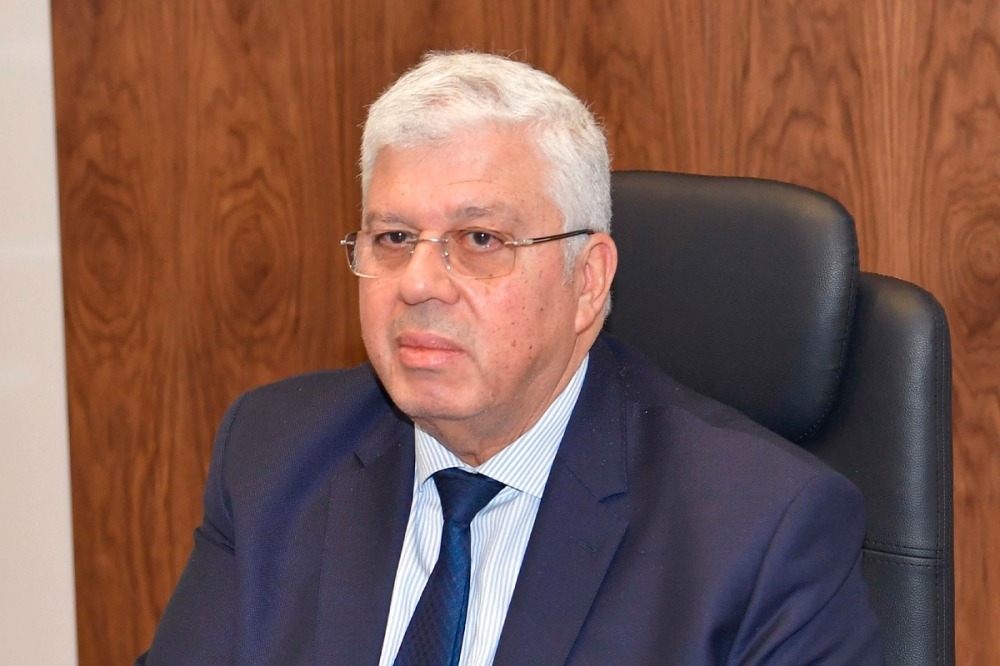
• Dr. Mohamed Ayman Ashour highlighted that Egypt’s technological universities prioritize practical training, making up 60% of the curriculum, while the education system serves 8.3 million students, including 200,000 expatriates from the Middle East and Africa.
Dr. Mohamed Ayman Ashour, Egypt’s Minister of Higher Education and Scientific Research, announced on Thursday that the Egyptian Quality Assurance Authority will collaborate with its Kuwaiti counterpart to strengthen educational ties between the two countries.
Speaking at a press conference after attending the 57th session of the Association of Arab Universities, hosted by the International University for Science and Technology in Kuwait, Ashour emphasized the importance of safeguarding students’ interests. He added that this cooperation marks the start of a new chapter in higher education and scientific research collaboration between Egypt and Kuwait, reported Arabic daily Al Jarida.
He stated that the Kuwaiti-Egyptian relationship in education will experience significant growth, which will be reflected in an increase in the number of Kuwaiti students in Egypt, currently standing at 4,000.
He emphasized that Egypt’s higher education system has seen ‘unprecedented’ qualitative and quantitative development over the past decade, with the number of universities rising from 50 in 2014 to 116 in 2025. This includes public, private, national, and technological universities, as well as branches of prestigious foreign institutions.
He explained that this development not only increased quantity but also diversified educational paths to meet the needs of local, regional, and global markets. For instance, technological universities focus on practical training, which makes up 60 percent of their curricula, in cooperation with industry and the private sector.
He noted that the education system now serves approximately 8.3 million students, including around 200,000 expatriates from the Middle East and Africa. Female students represent 53 percent of the total student body, reflecting the state’s commitment to women’s roles in education and scientific research.
He explained that Egyptian higher education focuses on quality and international recognition, noting that the Egyptian Quality Assurance Authority collaborates with its international counterparts. He added that graduates of Egyptian medical schools receive accreditation from the American Accreditation Board until 2027.
Ashour reviewed the higher education and scientific research strategy launched by the state in March 2023. This strategy includes seven key pillars, most notably the internationalization and export of Egyptian education, citing the Egyptian Knowledge Bank, the largest digital platform for distance learning in the world, according to a recent UNESCO report.
Non-traditional educational programs
He further explained that Egypt is developing non-traditional educational programs based on interdisciplinary specializations, in partnership with foreign universities, to equip graduates with the skills required by the labor market. The ministry is also working to establish a national network of young researchers to help design future academic programs.















